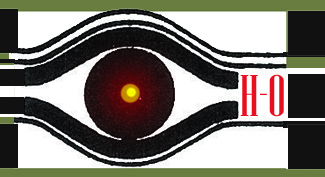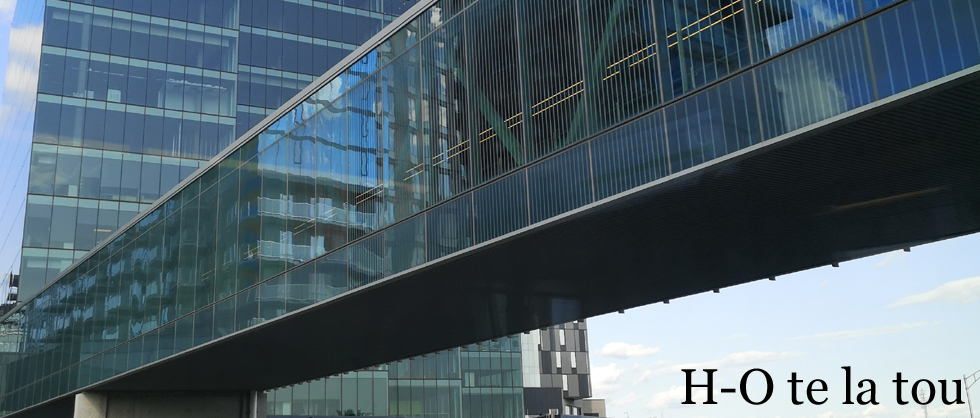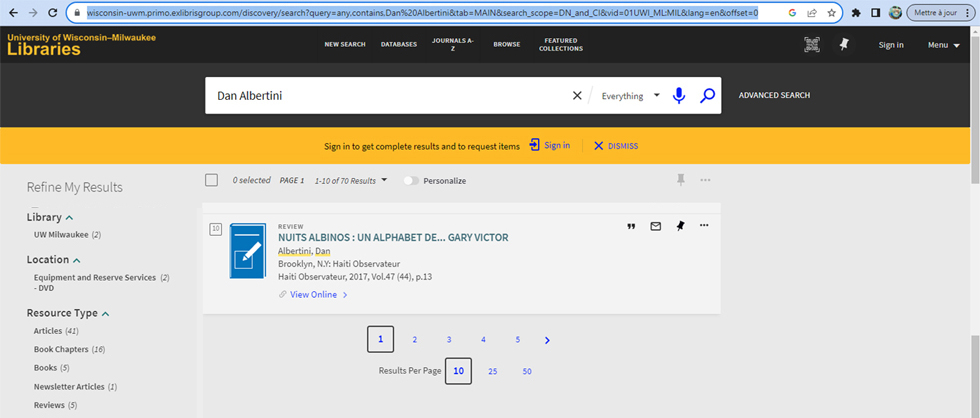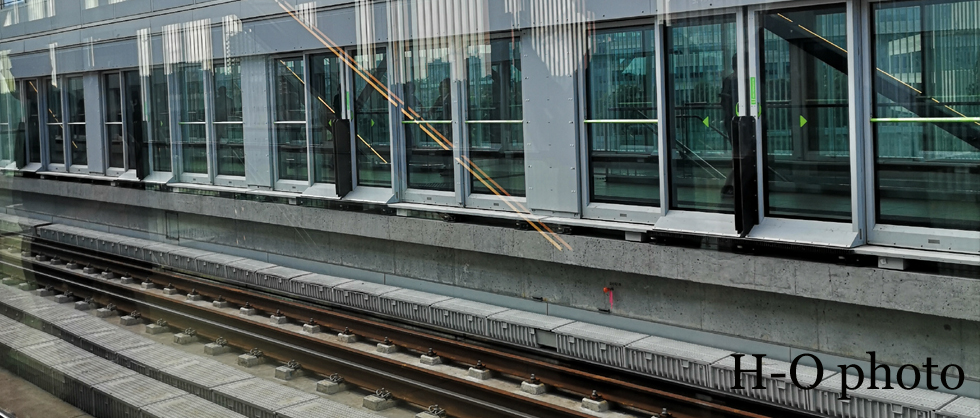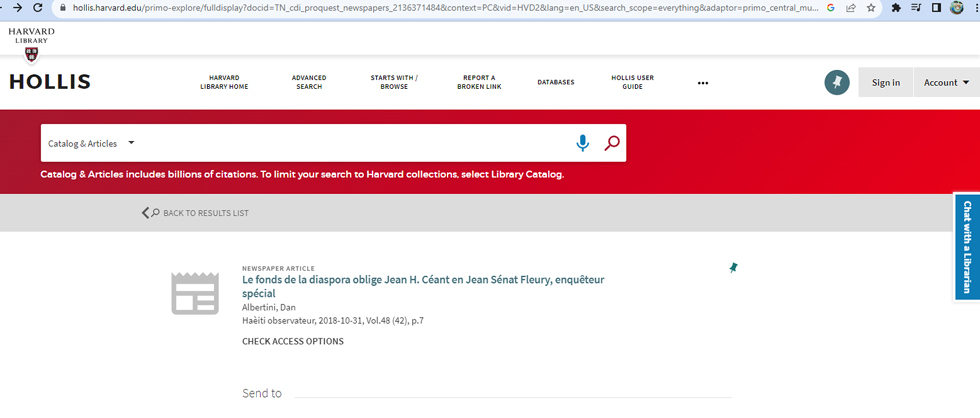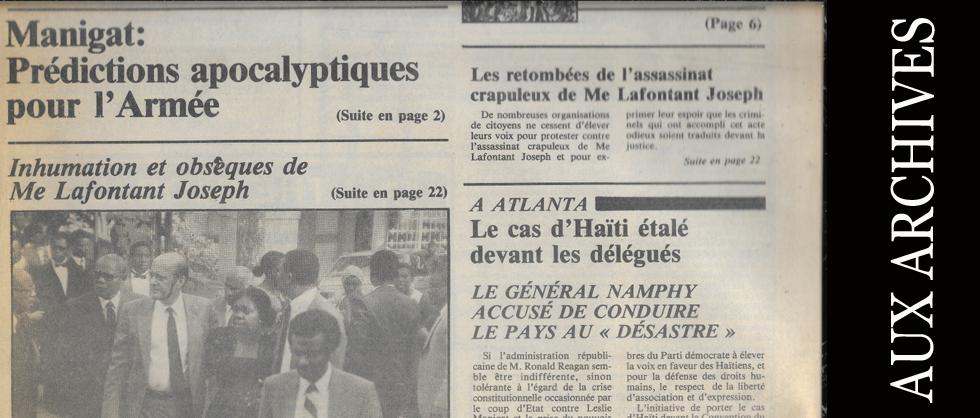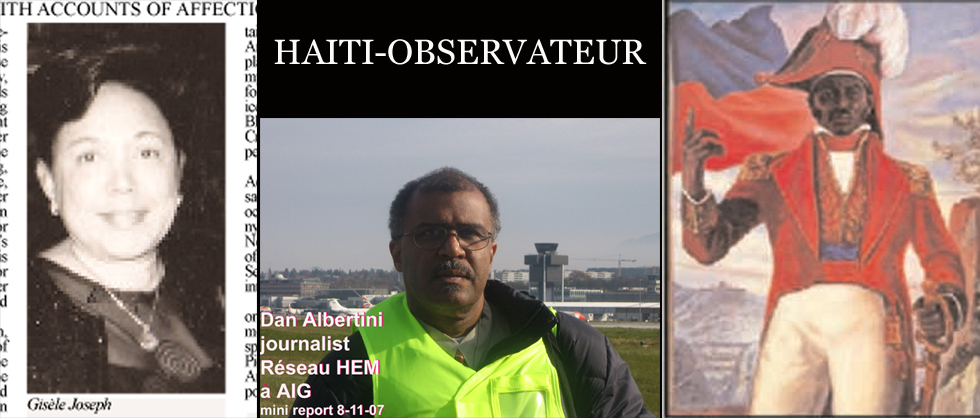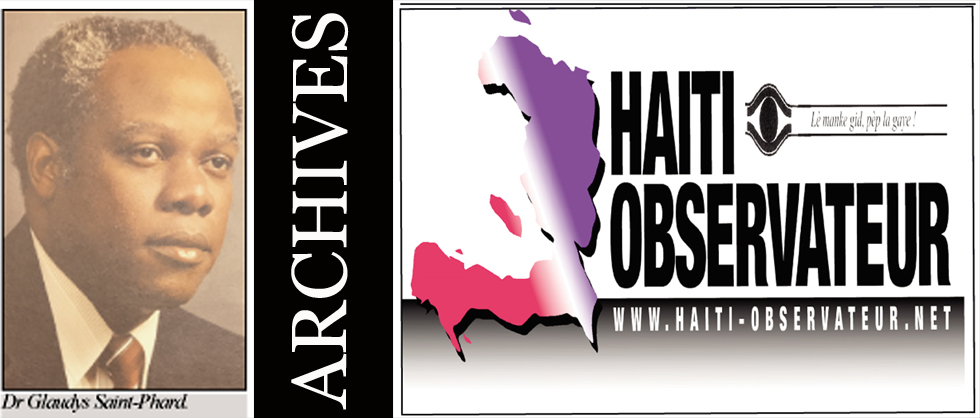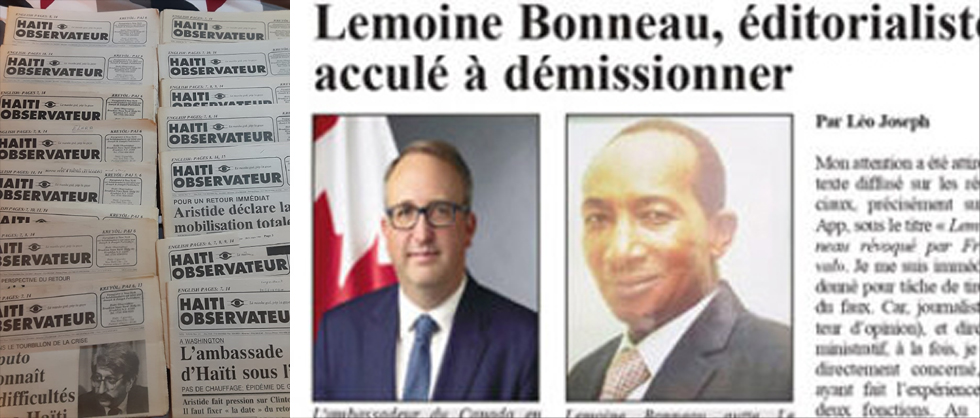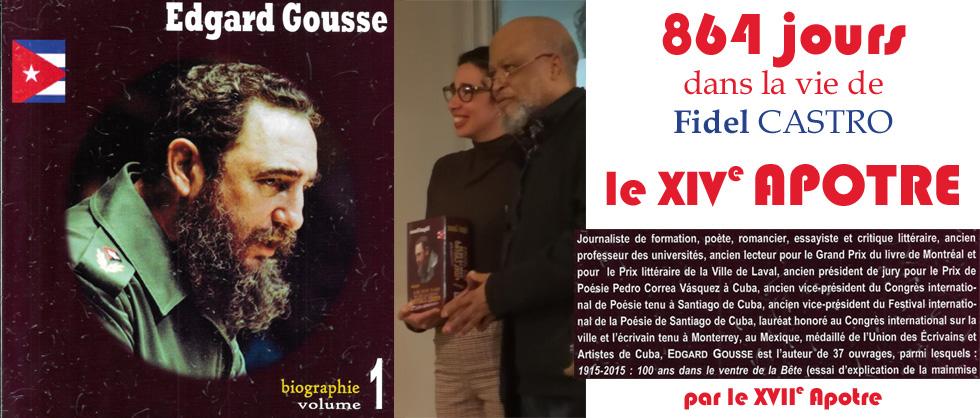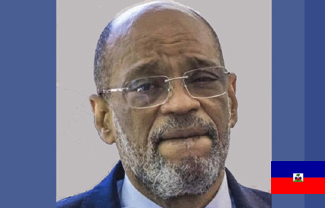
24 January 2024 – HAPPENNINGS!
- With an illegitimate Ariel Henry still at the helm, Haiti faces another chaotic year
- By Raymond A. Joseph
He was to hold elections in November 2021, after the assassination of the de facto President Jovenel Moïse, on July 7 of that year, in murky circumstances, including his alleged implication in the horrible act. Now, 30 months later, he’s still in power, backed by the international community, the U.S. in the lead. Exactly two weeks before February 7, when he is supposed to transfer power to a president and team elected by the people, Dr. Ariel Henry, a neurosurgeon-turned Haiti’s Supreme chief, failed to organize the elections he promised for 2023. Thus, no official transfer of power is scheduled, leaving us wondering what will happen on February 7.
The illegitimate Henry, who was imposed on the Haitian people, on July 20, 2021 through a tweet by the CORE Group, that syndicate of Western ambassadors in Port-au-Prince, is not only Haiti’s Prime Minister, but also exercises the authority of President of the Republic, without any Parliament as a counterweight and a Cour de Cassation, as the Supreme Court is called, replete of his own judges. In February of last year, he appointed eight of the 12 justices of that body which had been dysfunctional for more than a year, because it did not have quorum, allowing it to operate.
As it is, Dr. Henry is a dictator, who probably is trying to emulate another MD, François, “Papa Doc” Duvalier, who proclaimed himself President for life, with the support of a gestapo-like group that went by the lofty name of “Volontaires de la Sécurité Nationale (Volunteers of National Security), who were deridingly called Tontons-Macoute ( bogeymen), who acted as official gangs for the regime.
Catholic nuns kidnapped and reactions from the whole Catholic hierarchy
Though not as blatant Dr. Duvalier, Dr. Henry is in cahoots with the gangs. Only this past Friday, January 19, in broad daylight, right in the heart of Port-au-Prince, Haiti’s capital, six nuns of the Sisters of the Sainte Anne congregation were abducted by armed gunmen who stopped the minibus in which they were travelling. Two other individuals with them, including the chauffeur, were also kidnapped. Reportedly, the kidnappers are asking a ransom of $3 million for their release.
The Haitian Conference of Religious Order confirmed the abduction, and Pierre-André Dumas, bishop of Anse-à-Veau and Miragoâne and auxiliary bishop of Port-au-Prince also, quickly issued a press communique in which he harshly denounced “this latest odious and barbaric act that shows no respect for the dignity of these consecrated women who give themselves wholeheartedly and completely to God to educate and form the young, the poorest and the most vulnerable of our society.”
Moreover, the bishop calls for an end to “these deplorable and criminal practices” and has appealed to “all in Haitian society to join hands to form a true circle of solidarity for the release [of the nuns] and grant them a swift and safe return to their families and communities.” Meanwhile, the Sainte Anne congregation announced that all their schools will be closed until the release of the nuns.
On Monday, January 22, a more formal communique was issued by the office of the Port-au-Prince Archbishop together with the Conference of Haitian Religious Order, in which they forcefully denounced “this odious and criminal act as well as all such acts committed in the country.” They call on government authorities to assume their responsibility toward the population.
Addressing the abductors, they asked that the kidnapped be released “safe and sound, without condition.” And as if they were preaching to all, they state: “There should be a stop to flouting the inalienable rights of the children of God. There should be a stop to the violation of the rights of the citizens who should be able to freely move about in total security in their own country.”
They ask for prayer sessions for the release of the abducted, going further, by suggesting that Wednesday, January 24 (today), be totally consecrated to that and to eucharistic adoration.
The Vatican reacted quickly to the news about the kidnapping of the nuns. The Reuters news agency, reported that on Sunday, January 21, Pope Francis, speaking in Spanish during his weekly Angelus prayer, said, “I have learned with some sorrow of the kidnapping, in Haiti, of a group of people, including six Religious Sisters. In my heartfelt plea for their release, I pray for social concord in the country, and I invite everyone to bring an end to the violence, which is causing a great deal of suffering to that dear population.”
As of writing, Tuesday, nothing was heard from the Prime Minister or from any other official of the so-called Haitian government. This is in conformity with the regime’s policy of not denouncing or attacking the gangs. In fact, the heavily armed bandits are considered indirect allies of the Prime Minister, because they represent an excuse for not holding the elections.
Expansion of gang activities under the leadership of Ariel Henry
This is nothing new, for in 2021, the Prime Minister was supposed to hold elections in November of that year, especially since preparation for that had started before the assassination of Jovenel Moïse. But he had pointed to the gangs that took control of Martissant, the southern suburb of the capital, since June 1st, 2021, as making it impossible to hold any election. Indeed, by occupying Martissant, on National Highway No. 2, the gateway to four departments of Haiti’s Greater Southern region and of three major cities of the Western department, administratively dependent on Port-au-Prince, the gangs had cut off normal traffic between the capital and 40% of the population. Any driver who dared go through Martissant had to disburse handsomely to the gangs to obtain passage.
Yet, during his 30 months in power, Dr. Henry has not lifted a finger against the gangs in Martissant, who caused some 19,000 families to flee from their homes and find refuge wherever they could, some going as far away as possible from metropolitan Port-au-Prince, to other more secure parts of the country, where they had relatives. And we couldn’t believe our ears, when Emmelie Prophète Milcé, Minister of Justice and Public Security, said she wouldn’t dare go through Martissant, and encouraged people who own weapons to use them to protect themselves from the gangs.
As it is, the Ministry of Justice and Public Security, through its minister and the secretary of state for public security, supposedly has oversight of the Haitian National Police. Moreover, the Superior Council of the National Police, which is chaired by the Prime Minister, is supposed to provide strategic guidance in matters of security. Needless to say, the authorities are derelict in their duties.
Since Ariel Henry assumed the leadership of Haiti, on July 20, 2021, thanks to his foreign bosses, the gangs have not only cut traffic from the Greater South to the capital, but having established themselves in Canaan, about 16 miles north of Port-au-Prince, on National Highway No. 1, they have also cut off normal traffic between the capital and the Greater North, embracing part of the Western department and four departments. And Highway No. 3, leading to the Central Plateau and the border with the Dominican Republic is also under gang control. In fact, the 400 Mawozo gang, that had kidnapped 17 Christian missionaries, 16 Americans and one Canadian, in October 2021, operate from their headquarters near Croix-des-Bouquets, on National Highway No. 3. Even closer to Port-au-Prince, on the mountainous road east of the capital, through Laboule, above the tony Port-au-Prince suburb of Pétion-ville, the gangs have carried some spectacular kidnappings and killings. And, without exaggeration, the United Nations reports that more than 80% of Port-au-Prince and surroundings are under gang control.
Based on the foregoing, it is not far-fetched to say that Ariel Henry counts on the gangs to intensify insecurity nationwide, because as long as insecurity reigns, there’s no possibility for elections. That’s a recipe for holding unto power, perhaps for life.
Could it be a ruse for total U.S. occupation of Haiti?
After backing Ariel Henry wholeheartedly, one wonders whether a new aid program of the United States to Haiti may not be a ruse for Uncle Sam to take control of Haiti, without a formal invasion à la 1915. Haiti-Observateur’s editor, my brother Léo Joseph made an outstanding discovery which, unfortunately is not being published, because the paper isn’t appearing again this week. That’s another story. Anyway, he found out that the USAID, which has financed various projects in Haiti, over the years, is introducing new project, VIL, with the catchy phrase of “Together let’s clean the cities.”
Imagine that through the U.S. Embassy in Port-au-Prince, and USAID, the United States has decided to start a project to clean up Haiti’s cities that are sinking under the weight of mountains of garbage, with Port-au-Prince being the worst. Interestingly, the project has not started in the national capital, but in Cap-Haïtien the capital of the northern department and in Cayes, the capital of the southern department, which are relatively clean compared with Port-au-Prince. The Americans are taking charge of the municipalities in those two cities, to bring some order, as far as cleanliness is concerned. The market places will be managed by these do-gooders. And from the experience gained, they will fan out to other cities, until they reach Port-au-Prince. Undoubtedly, this was discussed secretively with Ariel Henry, who must have signed the deal.
In our view, Cap-Haïtien and Cayes have been chosen because those cities know almost no gang activities. But let’s say that an American involved in the project were to be harmed in anyway, perhaps even be victim of kidnapping, certainly, the U.S. will dispatch soldiers to their rescue. And in no time flat, there would be American soldiers all over the place, leading to an occupation force quietly taking over various Haitian cities. Would Ariel Henry, who has shown himself incapable of even handling garbage collection, be kept in place by his bosses as a front to allow them to do much more, such as mining Haiti’s precious metals and tapping the country’s petroleum reserves? That could be the main reason for the foreign bosses to have supported Ariel Henry, despite his overall nullity.
However, things may not go as planned, especially since Guy Philippe, this former Haitian Army officer and also of the Haitian National Police which was inaugurated in January 1995, was sent back to Haiti on November 30, last year. After serving six years of a nine-year sentence in a federal jail for drug trafficking and money laundering, this same guy who started the revolt in 2003, which culminated in the fall of President Jean Bertrand Aristide on February 29, 2004, has called for “revolution” to get rid of the gangs and of Ariel Henry. He has been acclaimed as a hero by large crowds of people of all ages.
One wonders what game is the international playing. No matter what, to us, it’s clear that 2024 promises to be very chaotic. Perhaps the Kenya-led multinational force approved by the U.N. Security Council, still under review by Kenya’s Supreme Court which promised a final decision this Friday, January 26, may not arrive in time to save Ariel Henry.
- RAJ, at raljo31@yahoo.com.
cet article est publié par l’hebdomadaire Haïti-Observateur, Édition spéciale Canada du 24 janvier 2024,
